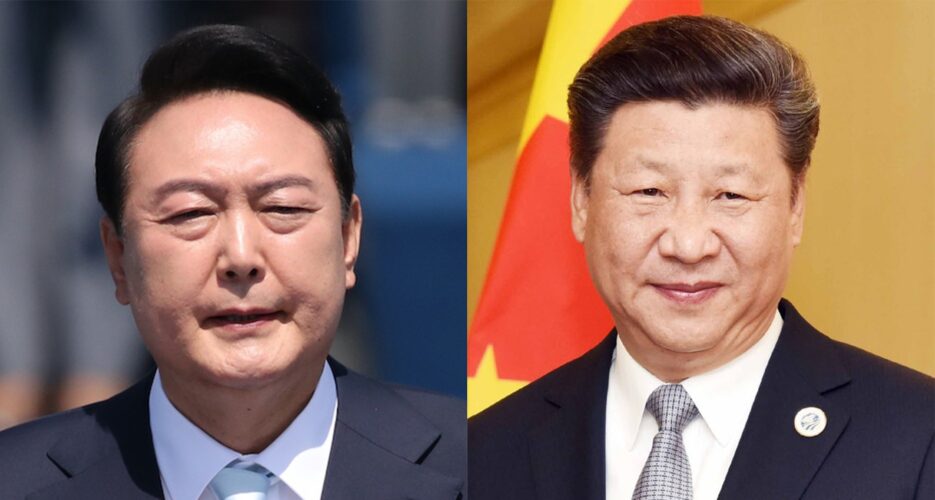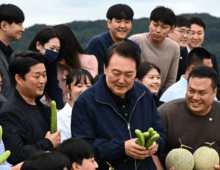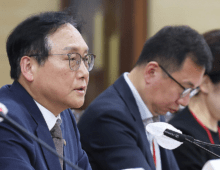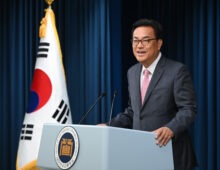Seoul appears wary of angering Beijing by openly violating Moon-era agreement, but ambiguous approach also carries risks
Even as they recently celebrated the 30th anniversary of bilateral ties, South Korea and China couldn’t avoid clashing over one of the major points of friction in their relationship.
Following a meeting between their top diplomats last month, China’s foreign ministry reiterated its support for the so-called three nos agreement, under which the previous Moon administration reportedly promised that Seoul would not install additional THAAD missile interceptors, not join a U.S.-led missile defense network and not enter into a trilateral alliance with Washington and Tokyo.
Even as they recently celebrated the 30th anniversary of bilateral ties, South Korea and China couldn’t avoid clashing over one of the major points of friction in their relationship.
Following a meeting between their top diplomats last month, China’s foreign ministry reiterated its support for the so-called three nos agreement, under which the previous Moon administration reportedly promised that Seoul would not install additional THAAD missile interceptors, not join a U.S.-led missile defense network and not enter into a trilateral alliance with Washington and Tokyo.
Get 30 days
of free access to
KoreaPro
Full access to all analysis
The KOREA PRO newsletter, every business day
Daily analysis on the top story of the day
The ability to suggest topics for coverage by our specialist team
Be smart about South Korea
Get full access to expert analysis and opinion.
Start now
No charges during your trial. Cancel anytime. A paid subscription will start after 30 days.
© Korea Risk Group. All rights reserved.
No part of this content may be reproduced, distributed, or used for
commercial purposes without prior written permission from Korea Risk
Group.












